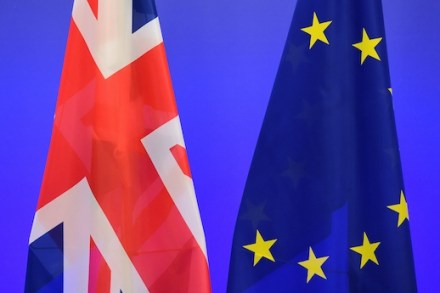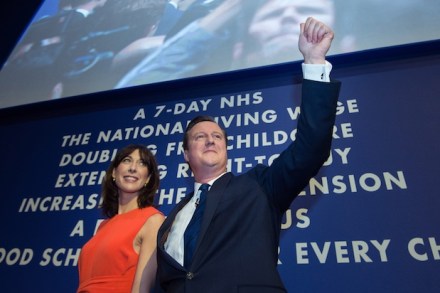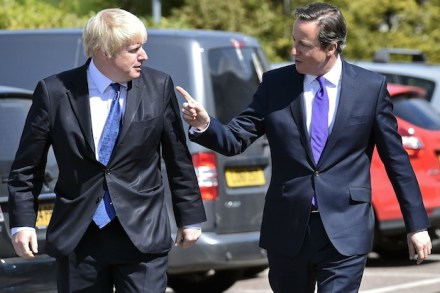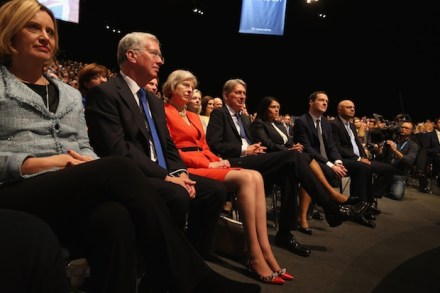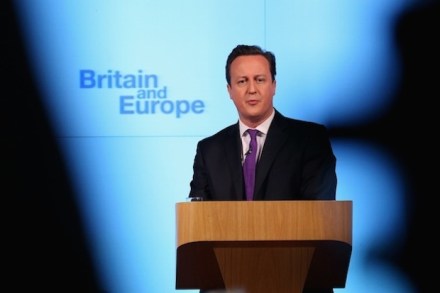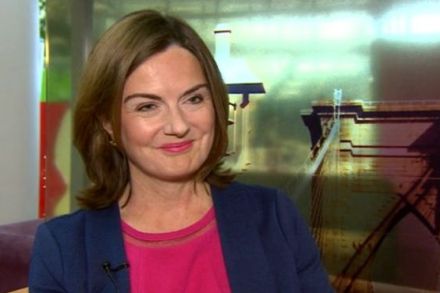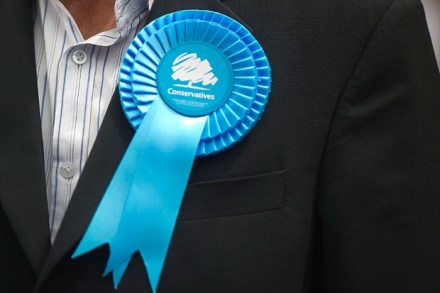PMQs sketch: Labour's yellow submarine
A new face at PMQs becomes samey after a few months. Corbo reached that point some time ago and Cameron can now contain him without breaking a sweat. He’s not threatened by the Labour leader for the simple reason that Corbyn lacks any forensic guile. To prepare, mount or press home an attack is beyond his powers so he just reads out his set questions in a low verbal moan, like next door’s Hoover. Today they tussled over the scrapping of bursaries for trainee nurses. Cameron said this reform makes it easier to fill the wards with bustling sisters and swishing matrons. No, said Corbyn. It’s harder. Amazingly, some light



